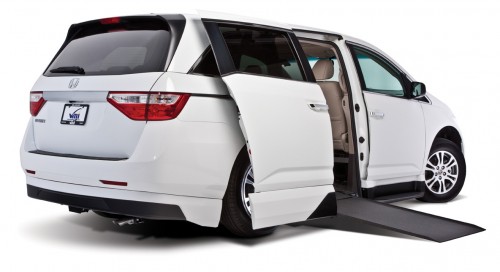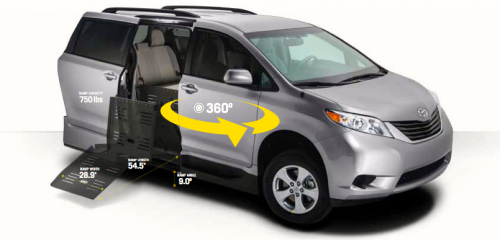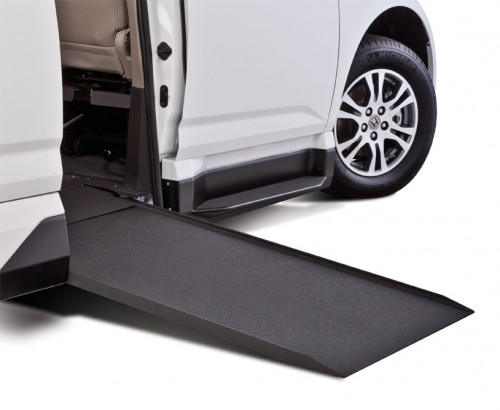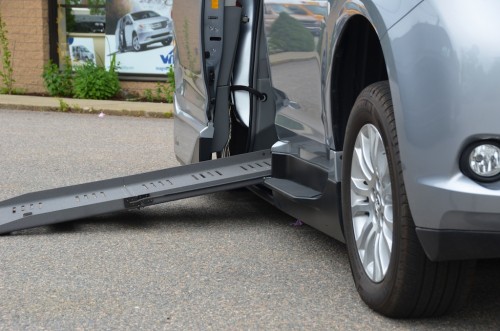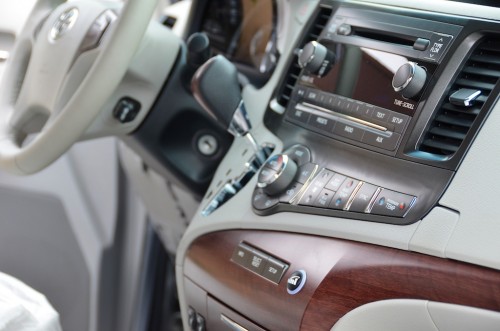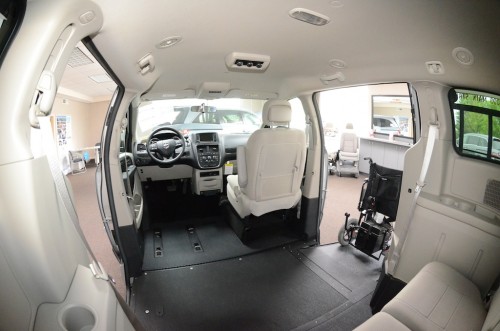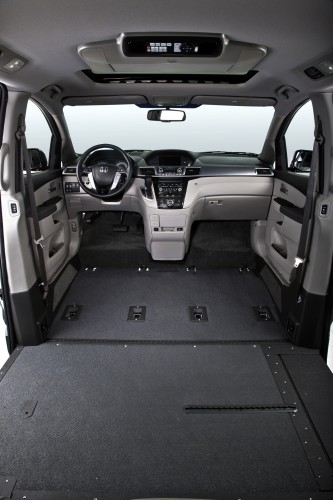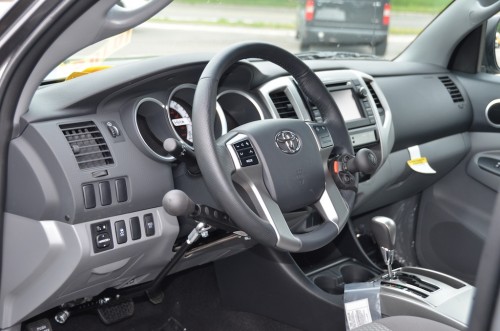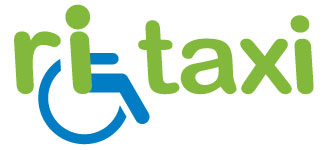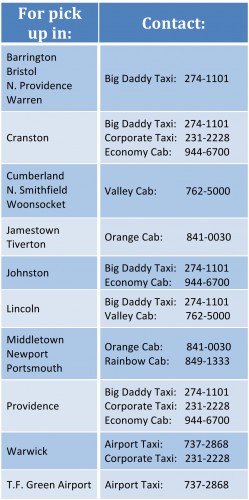am i ready for a wheelchair van
“I’m Not Ready…”
People offer many reasons for staying away from modified vans:
“What I drive is a reflection of my personality. A seven foot high van isn’t who I am.”
“Meeting the challenge of transferring to my car and hauling my chair in behind me makes me feel good about myself.”
“I simply don’t have money for a lift and all the modifications I’d have to do to a van.”
Mostly what keeps people in their cars is the I’m Not Ready Syndrome:
- I’m not ready to give up the fun car.
- I’m not ready to give up the challenge.
- I’m not ready to spend the money.
Eventually, two or three primary factors preserving function, maximizing options and flexibility, looking into the future in order to plan for and anticipate change drive the decision and help clarify the choices.
Despite all the good, logical reasons for continuing to drive those cars, many find it difficult to deny nagging shoulder pain, decreased tolerance for the hassles of car transfers and chair loading, or the simple fact that they don’t have the energy they once did. Making a change is a dilemma many survivors confront each day.
Reason #1: The Shoulders
The first consideration mentioned by many in the rehabilitation field for making the change from car to van is maintaining and preserving physical function. Research with those injured more than 20 years indicates that the biggest predictor of pain and fatigue two things that can get in the way of function was having experienced pain and fatigue three years earlier. Not making changes when problems first arise is an almost sure way of having them get worse.
The pain and fatigue can come from the distance of the transfer, since getting as close to the car seat as to a bed is difficult. Another consideration is the height of the transfer. Having to lift up or down in the process of doing a transfer adds considerable extra stress to shoulders. Also muscling the chair itself in and out of the car can cause more pain and do damage. And, just the sheer number of transfers continues to accumulateover time. What results from all this is usually joint pain from the neck all the way down to the wrist often arthritic in nature, and often accompanied by tendinitis. The joint pain, the arthritis, the tendinitis are the body’s way of saying that what you’re doing isn’t working very well and is causing some harm.
Researchers have also linked fatigue to future problems, including depression, lower quality of life and, in some survivors, the need for both more durable medical equipment and help from others. As car transfers and chair loading become more difficult, many people report curtailing activities in order to avoid the transfers. Too often therapists encounter aging clients who are giving up things they enjoy – fishing, traveling, even working – because of pain and fatigue. Still, even though people find themselves giving up activities, they resist making the changes necessary to avoid the hassles, the pain, the fatigue. For many it comes down to wanting to fight off the realities of aging with a disability for as long as possible. The arguments are predictable, in part, because they’re so valid: like we said before, big vans are inconvenient and hard to drive, they cost too much, people like the physical challenge of doing transfers. Often it’s an image thing.
Reason #2: Image
A vehicle is often an extension of one’s personality. Giving up part of our personality rugged or adventurous individual; sporty, fun kind of guy; or sedate, respectable, suburban family person isn’t easy. Most everyone who buys a vehicle gives some thought to image. Not everyone feels comfortable driving a big van: they can be too big, not sporty enough or they simply don’t fit our self image. While minivans are an option for some individuals, many especially big people who use big chairs find minivans too small for the lift they need and too tight inside for the necessary maneuverability.
Regaining independence following injury and rehab was for many the single most significant achievement of post-paralysis life. Giving up the car may be viewed as giving up not only by the survivor but also by those around him. Yet, making the changes and using the lift may be necessary to maintain that highly prized independence: Isn’t getting there far more important than just exactly how it’s done?
Reason #3: Somebody Else
Decisions about what to drive affect more than just the survivor, especially if someone else is doing the chair loading. A change to a van with a lift could be necessary even if your back or shoulders are just fine. Wives, husbands and caregivers age too, and they are often called on to help with many transfers, chores and tasks requiring heavy or awkward lifting. Survivors need to be not only aware but also sensitive to their needs.
Reason #4: $$$$$
A switch to a modified van can add $15,000 to $30,000 or more to the cost of a vehicle. Insurance and fuel costs usually go up, and some modified vans even ones without raised roofs won’t fit in standard garages and may require modified garage arrangements as well. Yet there are costs involved in becoming less active, not going out as much and staying home more. Active people tend to be healthier, happier and less depressed. Going too long on deteriorating shoulders can leave people even more dependent, eventually making hired help more necessary.
People even some who are unemployed and on Medicaid buy vans and somehow find ways to pay for them. Worker’s Compensation, Medicaid Waivers, Vocational Rehabilitation and the VA are all government programs which may help with funding. Charitable organizations such as Easter Seals are a possibility. Fraternal organizations may provide help. Some banks issue extended loans and Independent Living Centers may offer low interest loans.
Lower cost home equity loans may also be an option. There are always fund raisers through church, civic or community organizations. And used equipment, or used modified vans are also possibilities. We tend to figure out necessities.
Thinking Ahead
Sound decisions which will provide flexibility for five to eight years need to be based on a realistic assessment of present function and trends in your strength, stamina, life-style, pain and function. Is it practical to stick with a car if strength has been decreasing and pain has been increasing for the past three years? Transfers may not be much of a problem now, but is it realistic to expect they’ll still be as easy in 5 years, when you’re 56? Can you afford not to change?
More often than not, the decision to switch from a car to a van is one of many decisions which contribute to the lifelong process of adaptation to disability. Adaptive equipment helps narrow the gap between aspiration and ability, between wants and needs, and allows us to do so comfortably and safely. Adaptive equipment can help avoid pain, preserve energy and prevent future problems. New equipment can preserve time and energy and help enhance as well as maintain both independence and quality of life.
Quality of life may be the prime consideration for switching from car to van. The switch is a matter of preventative maintenance a change which may allow us to keep the function we have and maintain the quality of life we desire. How we regard these changes can be as important as the changes themselves.

